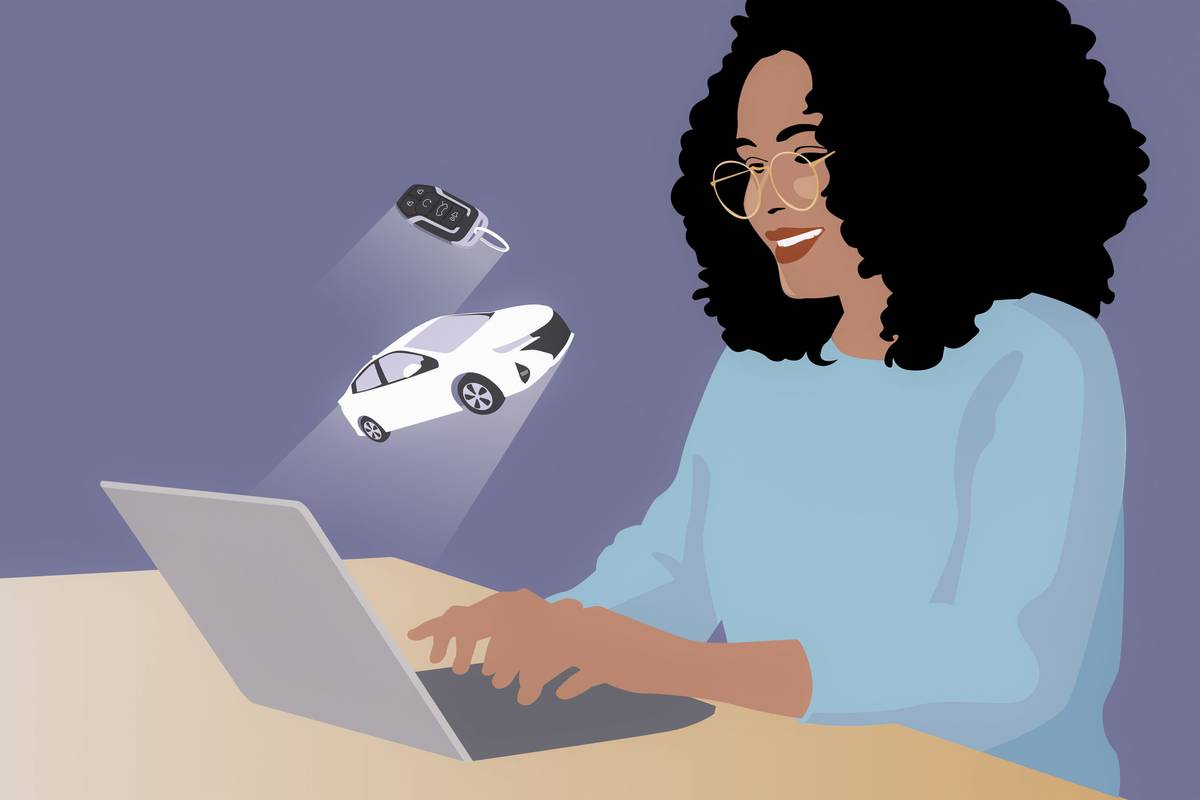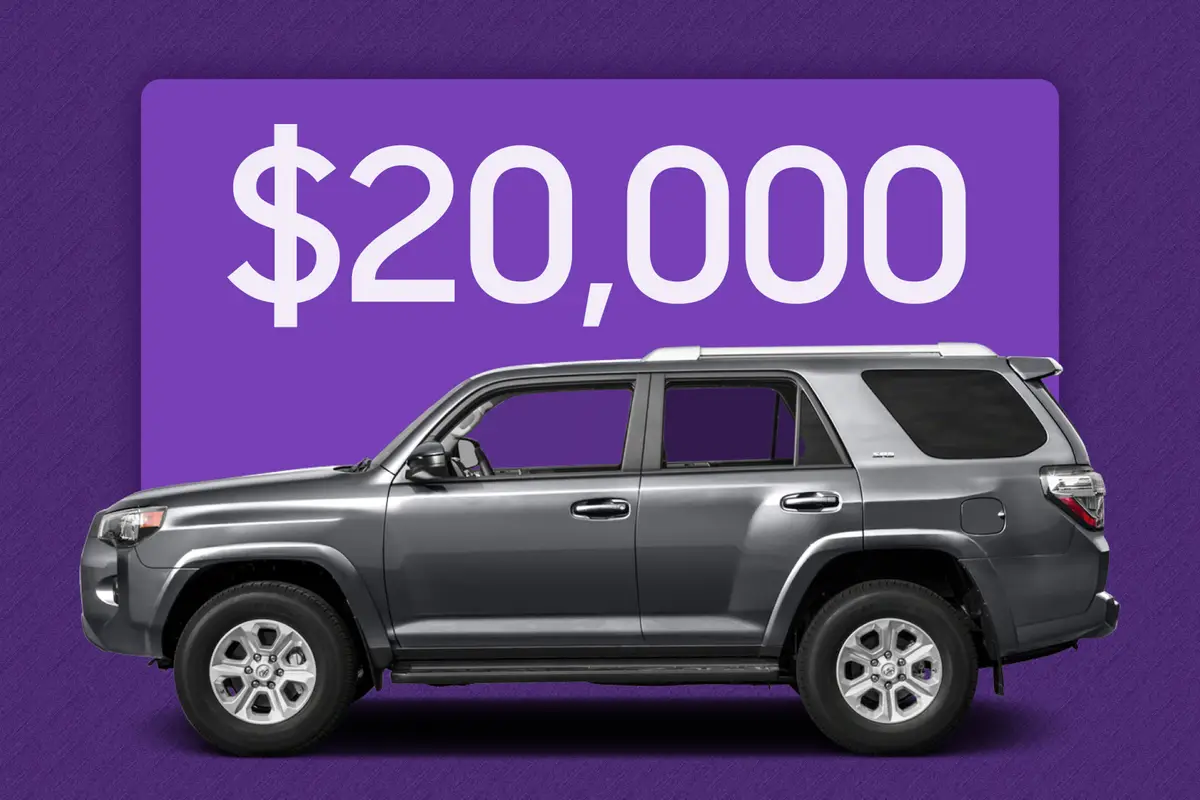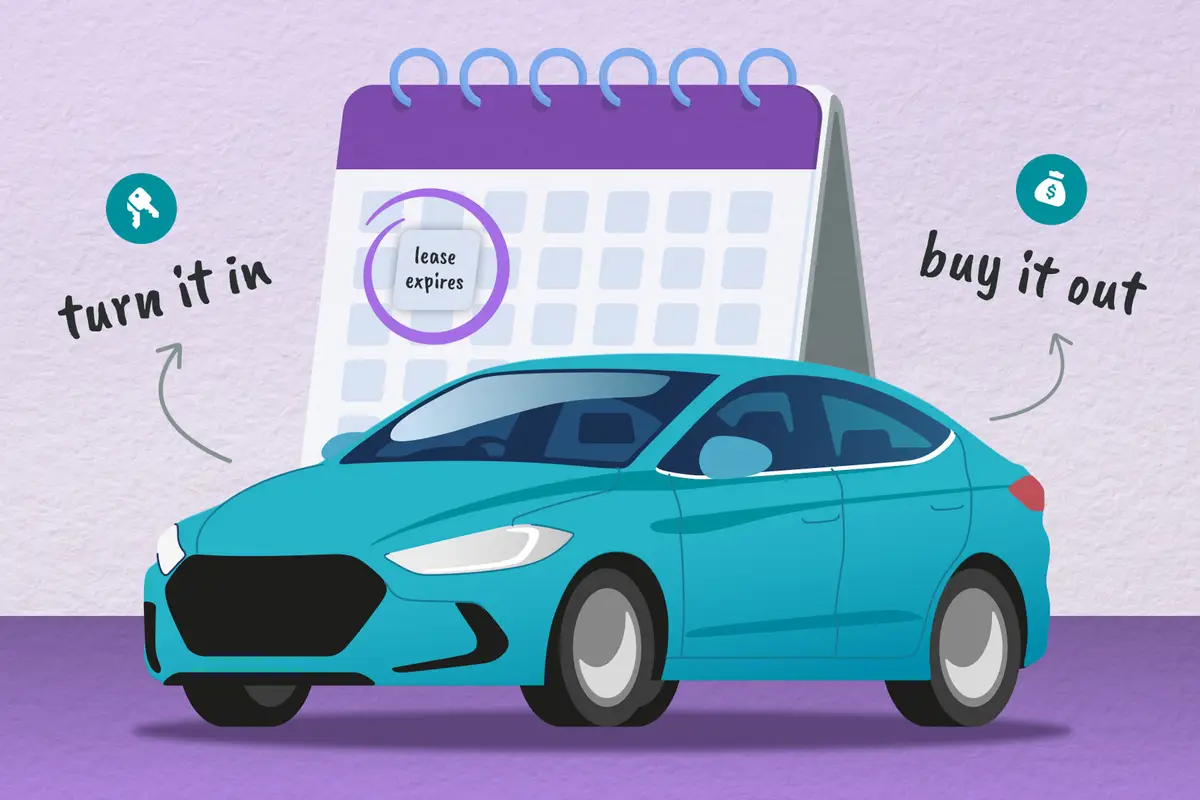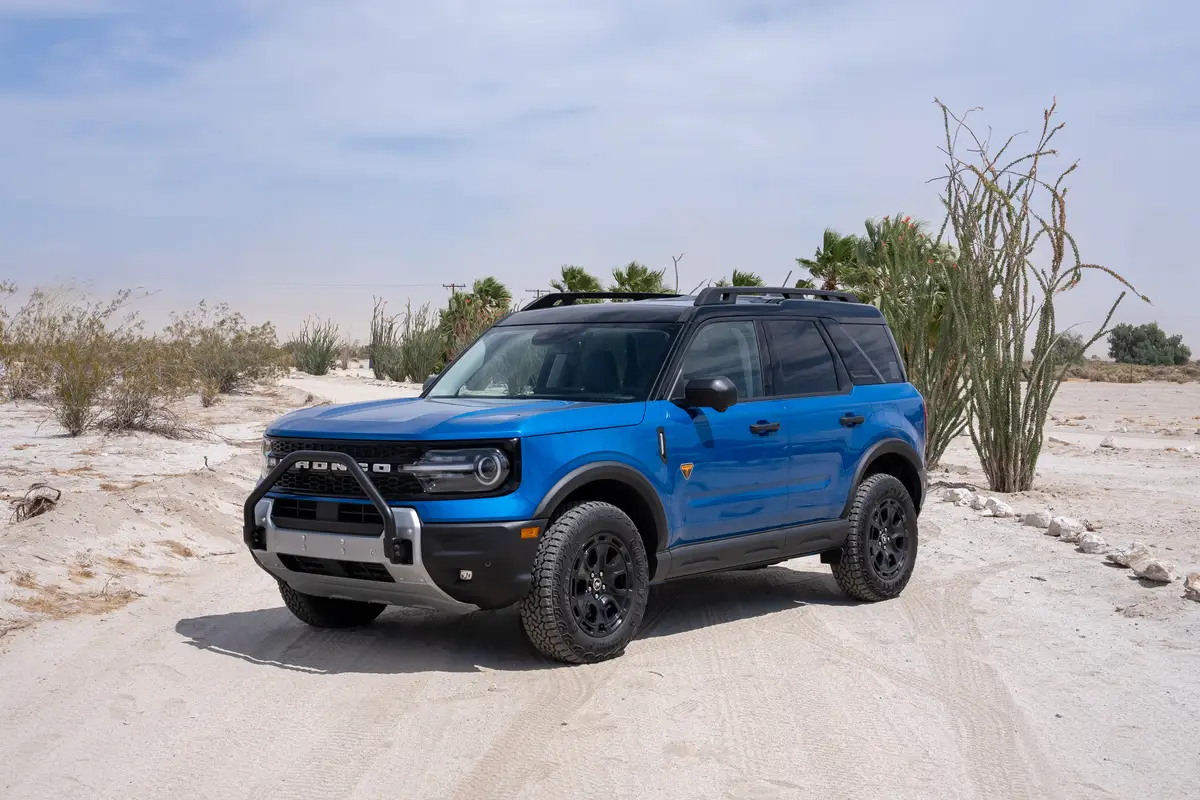Can I Order a Car From the Factory?


Can you order a car straight from an automaker? Yes, you can configure it to your specifications and order it from the factory. Some automakers make it easier, some harder. And for almost all brands, the purchase will still involve a car dealer as a middleman in the transaction.
Related: How Long Will the Vehicle Inventory Shortage Last?
In Europe, placing an order for a vehicle and waiting for its delivery is the norm. Americans, by contrast, are accustomed to dealer lots full of vehicles you could drive home today — an efficient setup for the buyer but not so much for the automaker and dealer. Automakers risk having too many vehicles at dealers, or the wrong mix of them, and having to add costly sales incentives; dealers have overhead and interest expenses.
Through the COVID-19 pandemic, however, the buying process in the U.S. has evolved. More automakers and dealers are creating no-contact systems that put most of the buying process online. But now, pandemic-related production disruptions and parts shortages — most prominently microchips — have introduced U.S. buyers to a lack of cars on lots. Many buyers are waiting for a vehicle to show up, taking whatever equipment it has and paying sticker price or more to get it.
Many automakers, in turn, have played up some form of ordering — like going through a dealer that places the factory order for the buyer. The effort never received much fanfare to consumers, and the main downside for shoppers was that you’d have to wait to get your car. But the pandemic changed the equation. If you are going to have to wait to get a vehicle anyway, and pay sticker price or more, you might as well place an order for the exact car you want. It also changed the environment for dealerships. In the past, dealers might have done their best to get you to take a car they had in stock, but with showrooms depleted, many dealers are being more proactive to encourage factory orders to make their sales.
Ford Buys Into Build-to-Order Model
Some in the industry see the current situation as an opportunity to try to move the market more permanently to a build-to-order model. Ford CEO Jim Farley reportedly told analysts on an earnings call in July that one of the automaker’s goals is to shift customers to factory orders and cut inventory on dealer lots. That, in turn, could cut the need for discounting.
“We are really committed to going to an order-based system and keeping inventories at 50 to 60 days’ supply,” Farley said. “I know we are wasting money on incentives.”
Ford launched the Mustang Mach-E, an all-electric SUV, with an online reservation and order system — hardly the first time an automaker has done that — but the automaker went further with a custom order site for a limited selection of other vehicles that gives you a $1,000 bonus for choosing to order. According to the site, availability of Ford’s built-to-order vehicles will vary: “As vehicles are updated from one model year to another, there are times when orders are accepted and times when they are closed.”
Even so, the option has proven popular, at least in the current environment. So popular, in fact, that Ford is offering a contrary option through dealers, according to CarsDirect: a $2,000 discount on confirmed orders if shoppers will drop the custom order and instead take a vehicle in stock.
The Electric Exception
An ordering pioneer has been Tesla. From its start, the California automaker has used a direct-to-consumer sales model complete with online ordering and company-owned stores and service centers, not independent dealers. Electric-vehicle startups Rivian and Lucid plan to try to follow Tesla’s lead. It’s not the same for Tesla in every state, however. Some states allow Tesla service centers, but not stores, forcing buyers to travel to another state for delivery of their car. And a handful of states ban both, though Tesla recently made a novel move to get around such a ban in New Mexico by reportedly opening a store and repair shop in Nambé Pueblo on Native American land not subject to state laws. But despite building its business on custom ordering, one of the main inhibitions of an order system for many people — the lack of instant gratification — is also part of Tesla’s system. As of this writing, wait times for the automaker extend into six-plus months for many versions.
Many other EVs, such as the Mach-E and Volkswagen’s new ID.4, have rolled out with online configuration and reservation systems, though dealers are still in the loop for delivery and local paperwork. And in most cases, a reservation is a place in line, not a confirmed order.
Should You Order?
If you’re thinking of ordering, there are some things to consider. Among them:
- You Can Order Exactly What You Want. This is the upside. Dealers play the odds and stock vehicles are likely to sell fastest in your area. If you want a less-common configuration, ordering might be the only way to get it. These situations will be more common for vehicles with many configurations and options, such as pickup trucks. For vehicles with relatively simple trim and package choices, you’ll likely find what you want — even these days — sooner at dealerships than waiting in line for a factory build. However, even some mainstream vehicles are in such tight supply right now that you might as well just order one if your other options run dry.
- You’ll Have to Be Patient. Waiting is the biggest downside of factory orders. Wait times vary even in the best of times; you’ll get an estimate, but don’t count on it. These days, schedules are at the mercy of pandemic-related factory disruptions — the chip shortage, other global supply chain issues and even a shortage of personnel all along the delivery chain. Parts issues also mean certain vehicles or options might be unavailable, even if they’re listed on the automaker’s configuration site.
What to Know If You Decide to Order
Every automaker’s system is different, and there also might be variations from dealer to dealer in how they handle ordering. But here are some things to generally keep in mind:
- Configure the exact vehicle you want on the automaker’s site, and bring that to a dealer. Choose the dealer carefully — a good source of ratings is DealerRater (a Cars.com company) — because you’ll depend on them for help throughout the process.
- Negotiate the price as with any other car purchase. In most cases, it’s the dealer that sets the final price. The final order also should include all dealer fees that will be part of the delivery price. Research any factory sales incentives so you know what may or may not apply.
- Know the status of your reservation fee. You’ll typically be asked to pay a fee with your order, usually $500 or $1,000, to lock in your order and the agreed-upon price. It will apply to the final purchase. But make sure that it’s clearly spelled out in your agreement whether (and under what circumstances) the deposit is refundable. It is not refundable in all cases or with all automakers, and Ford’s ordering site notes refund policies might vary by dealer.
- Get a signed order sheet. It should specify the vehicle and all details of the sale and delivery; it should also have an order number to track the progress. The procedures for tracking your order should be explained, too.
- When you know delivery is on the way, get preapproved for financing (read more on how and why). You can always take a dealer financing offer at delivery if it’s better.
- Negotiate any trade-in at delivery time. The trade-in, as always, is a separate transaction, and you can’t settle on a price until you are ready to give up the car.
More From Cars.com:
- Inventory Shortage Leaves Little Room for Haggling; Here Are 5 Other Ways to Save on Your Car Purchase
- How to Get Preapproved for a Car Loan — and Why You Should
- What Credit Score Do You Need for a Car Loan?
- How to Get the Best Offer for Your Trade-In
- Have Used Car Prices Finally Plateaued?
- More Car Buying Advice
Cars.com’s Editorial department is your source for automotive news and reviews. In line with Cars.com’s long-standing ethics policy, editors and reviewers don’t accept gifts or free trips from automakers. The Editorial department is independent of Cars.com’s advertising, sales and sponsored content departments.

Former D.C. Bureau Chief Fred Meier, who lives every day with Washington gridlock, has an un-American love of small wagons and hatchbacks.
Featured stories




